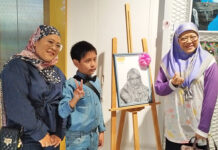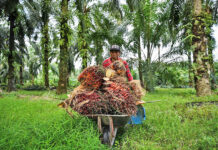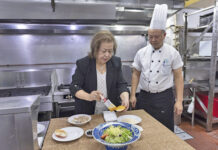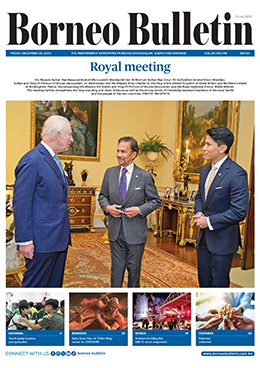SEOUL (ANN/THE KOREA HERALD) – After their second date, 26-year-old Lee Tae-hyung was keen to see his date again. He reached out via KakaoTalk with a simple message: “Do you have time this weekend?” Her response, “I don’t think I can make time. I have plans this weekend,” left him unsure.
Lee pondered whether her reply was a polite brush-off or if it meant he might try again the following week. He consulted his friends, who advised that if she were genuinely interested in another date, she would suggest alternative times. Simply stating she was busy often signals disinterest, they explained.
It’s common for people to avoid a direct refusal, as Lee’s date did, due to the fear of causing offence.
In South Korea, this tendency is heightened by social norms and expectations, which often lead individuals to choose indirect refusals unless a clear, direct response is absolutely necessary.
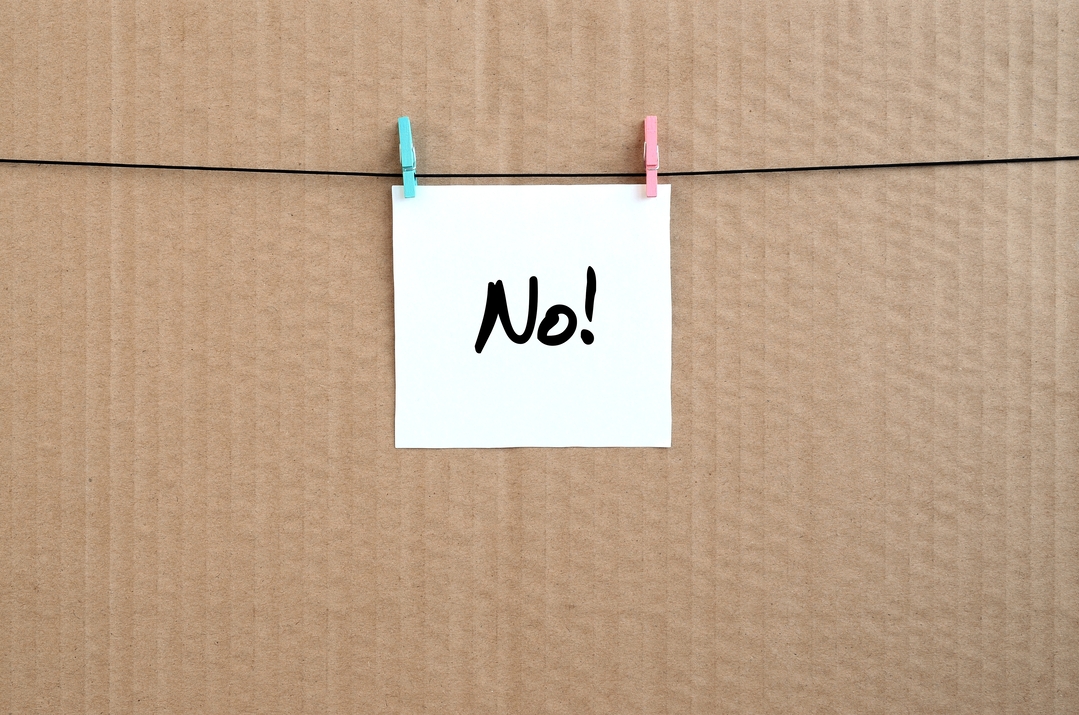
‘I don’t think …’
When declining a request, especially from a close friend they care about, Koreans usually make sure they’re declining only if there’s no other choice and try to reschedule.
This is why softening phrases like “I don’t think” are almost always used when declining a request.
This phrase adds uncertainty to a negative response, allowing Koreans to decline politely without closing the door entirely. For example, they might say, “I don’t think I can attend” instead of “I can’t go,” which sounds blunt to Koreans if they are trying to maintain social relations.
In different social settings in Korea, there are various ways to say no.
In the workplace, where top-down hierarchies between bosses and subordinates are common, many choose to use white lies.
A 2019 survey by local job search website Incruit found that 82.3 per cent of 282 Korean employees admitted to telling white lies at work, primarily to avoid hurting the feelings of those who ask, particularly superiors.
Park Soo-jin, 34, a marketing company employee, illustrates this phenomenon.
“I enjoy eating breakfast alone at the hotel when I travel for leisure. But when my boss asked about breakfast on a business trip to China, I said, ‘I don’t eat breakfast,’” she said.
She felt that simply saying she wanted to eat alone seemed inappropriate as it could hurt her boss’ feelings.
The difficulty of saying no also stems from group social pressure.
Ahn, a 30-year-old advertising employee, frequently cancels plans with his girlfriend due to impromptu team dinners at work.
“My girlfriend gets upset, but it’s hard to decline when nobody else (on the team) is doing it,” Ahn said. “I once had to lie to my boss that I was sick so that I could skip a team dinner and go see her.”
Many people say that saying no is also hard in Korea’s dating scene.
Lee Ji-an, a 25-year-old who went on a blind date in March, struggled to decline a second date despite a lack of romantic connection.
“It was difficult to bluntly say no because I worried that it might affect my relationship with the friend who set us up,” Lee said.
She tried replying late to messages and saying she was busy a few times, but the guy did not seem to get the point.
Unsure of how to refuse politely, she sought advice from friends and discovered that it was a common experience.
Some of her friends even offered her a prewritten template for such situations.
“I could just fill in the name and send it to the guy,” Lee said.
Her struggle is also commonly shared online, where other dating-related forums suggest sending templates like, “I had a great time today. You seem like a great guy, but I don’t think we’re going to work out. I hope you find someone wonderful.”
Why is ‘no’ so difficult?
One linguist views that in Korea, saying no is especially difficult not only due to social pressure but also because of hierarchies created by Korean language’s honorific system.
Professor Lee Chan-kyu of Chung-Ang University’s Department of Korean Language and Literature sees that the hierarchical communication patterns of Korean language complicate the expression of negative opinions, especially in professional settings.
Effective communication is typically two-way, Lee explained. However, in many Korean workplaces, top-down approaches prevail, with those in superior positions speaking informally, and with only subordinates using honorifics when speaking back.
“Interestingly, I found that employees — both those in superior and subordinate positions — who use honorifics with each other report greater satisfaction and less stress when communicating within the company,” Lee said.
Expressing one’s honest opinion is also something many Koreans feel uncomfortable about.
“It is slowly changing. But for instance, to children, Koreans are more focused on saying, ‘You’re a good kid because you do what your parents tell you to do,’ compared to in other countries,” Kim Hoh, CEO of The Lab H, a business communication consulting firm, said.
“We are not used to asking kids’ opinions or preferences.”
He added that this kind of hierarchical organisational culture has made it so Koreans are not accustomed to refusing something directly.
As if navigating the nuances of saying no in Korea isn’t complex enough, there are special exceptions where saying no is not only seen as acceptable but in fact expected.
Such situations occur for instance when Koreans are presented with someone else’s kind offer.
For instance, when visiting an acquaintance’s home and the host invites you to join their family meal, it is customary initially to decline before eventually accepting. Similarly, during Seollal family gatherings, when older relatives give younger ones cash gifts like “sebae” money, it is expected for the recipient initially to refuse, as a way of demonstrating humility and gratitude.
“When I offer something to someone, I am accustomed to asking three times. It’s because some Koreans believe it’s polite to decline twice before accepting the third offer,” said Kim Sang-hyun, 40.





